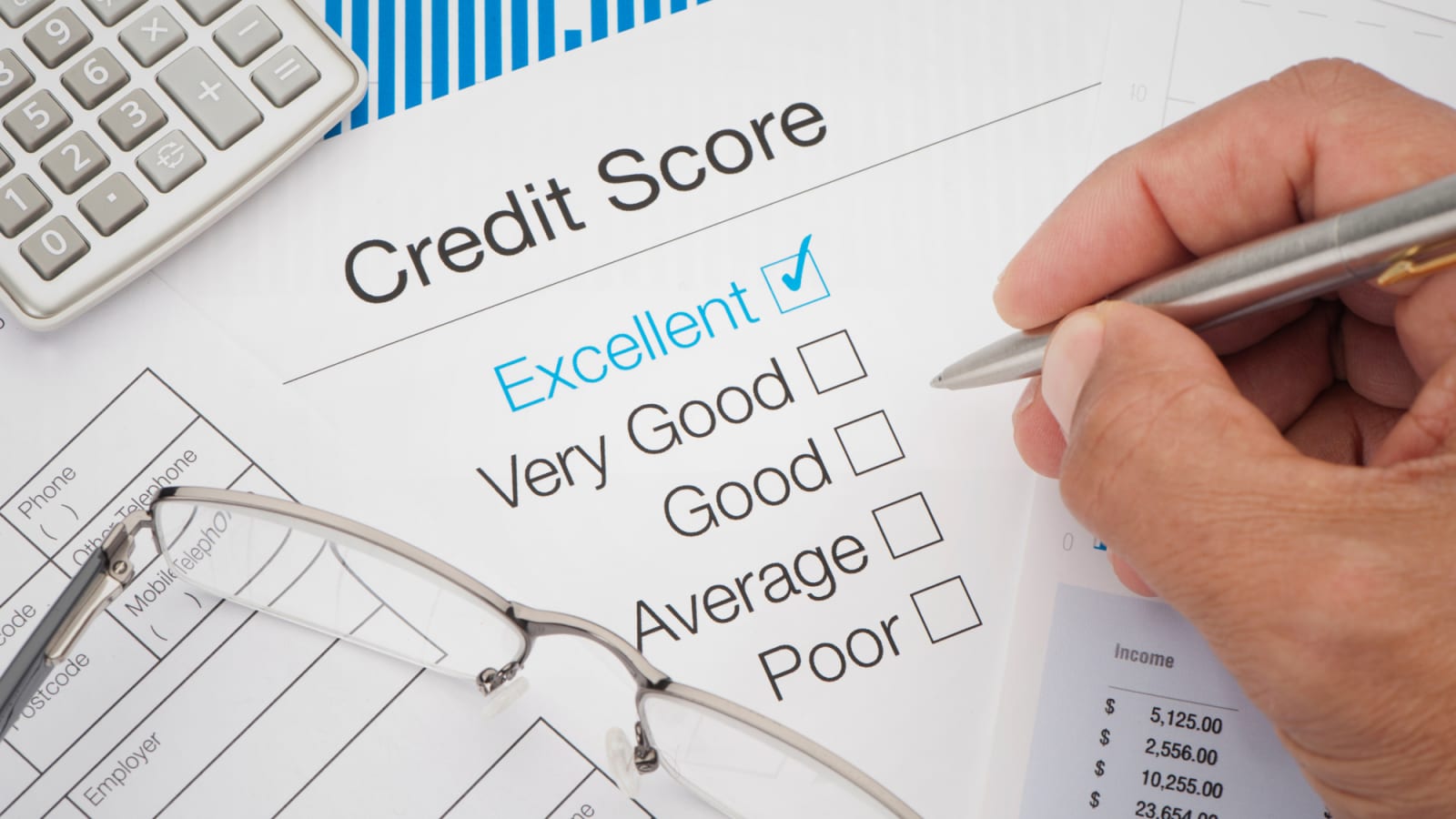Unfortunately, the saying that money makes the world go round isn’t quite as accurate as it used to be. In fact, these days, credit and credit scores are the real impetus behind many life-changing events. Therefore, if you want to improve your life, you need to get a handle on your credit and raise your credit score above 720.
What Can Happen if You Don’t Raise Your Credit Score Above 720?
For anyone with a lower credit score, several negative consequences can occur. Why is that? Well, in the first place, not only do credit card companies look at an individual’s credit score to determine whether or not he should receive new credit, but several other companies or businesses also look at credit scores as a way of determining whether or not they wish to do business with that individual.
So, if you have a credit score that is lower than 720, any one of the following scenarios could happen to you:
- Denied employment
- Denied a rental lease
- Denied a home mortgage loan
- Denied a home equity loan
- Denied an auto loan
- Denied low interest rates
- Denied some types of insurance, such as car insurance for example.
Strategies for Raising Your Credit Score Above 720
What exactly can a person do to raise her number so that she can take advantage of falling into that category of good credit scores? While there are several steps that she can take, not one of them is sufficient on its own. Plus, there are no guarantees when it comes to increasing your score to the upper limits. Nonetheless, a very effective way to increase your score is to follow these strategies as closely as possible.
While it is important to pay down your loans and credit card debt, it is equally important to continue using your credit responsibly. If you suddenly stop using credit, you will lose part of the jockeying position that you have to raise your scores. It’s all about a fine balance between the level of credit that you have open to you and the amount of debt that you have amassed. Plus, you also have to add in mitigating factors such as your payment history, the length of duration for each account, your carryover balances, and more.
Read also How to obtain a credit report
Follow as many of the following tips as possible to get your credit score up and above 720:
- Pay more than the minimum balance due on each balance. This will lower your level of debt faster in ratio to your level of credit. Plus, it will reduce the interest charges helping to reduce your overall debt even faster.
- Continue to use your credit cards, but limit your expenses to essential items and services. This strategy lowers your overall level of debt while making a responsible use of your credit that should eventually help to increase your score.
- Avoid opening any new accounts or closing any. This would affect your credit score- typically in a negative manner.
- Stop using those credit cards that have the highest interest rates unless you can pay the bill in full each month. Remember to keep paying on the balance if you are carrying one from month to month.
- Pay each and every bill you receive on time including utility bills, tuition bills, and installment loans. If possible, pay the bill early to avoid the possibility of forgetting about it and paying it late. Better yet, set up automatic payments so that you’ll never be late with a payment again.
- Monitor your credit report and dispute any false information. Remember that negative information if it is accurate is going to remain on your report for seven to ten years depending on what it is. Visit our learning center for articles on how to access your credit report, and dispute any incorrect data it may have.
- Avoid store credit cards and use a major credit card for the majority of your purchases. The big players in credit (MasterCard, Visa, American Express and Discover card) carry more weight.
- Avoid having a debt collector added to your list of creditors. If you know you owe a bill, make the payment before it goes into default.
Please remember to request a free analysis should you wish to have a counselor contact you to show you how to improve your credit or to pay off your debts quicker.









